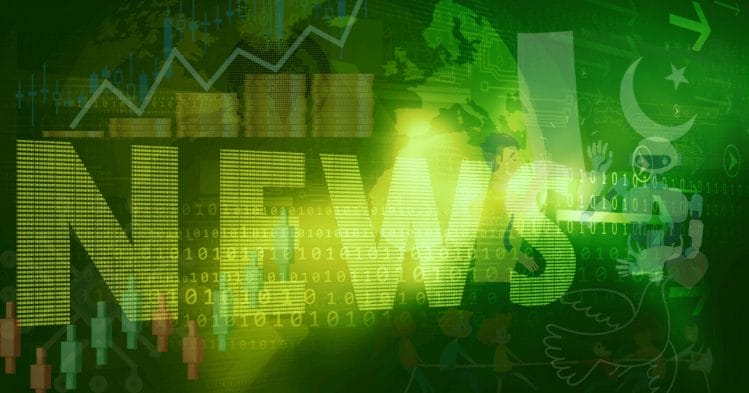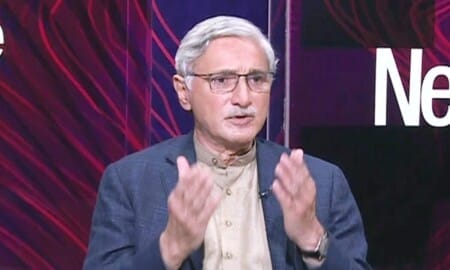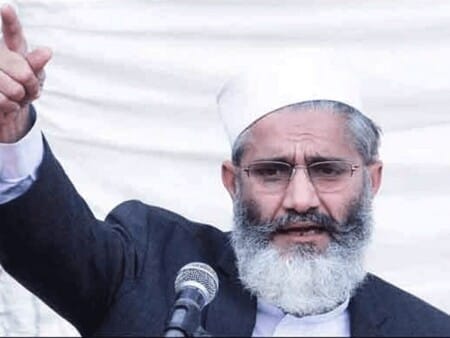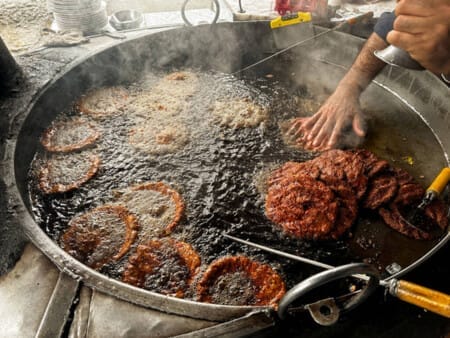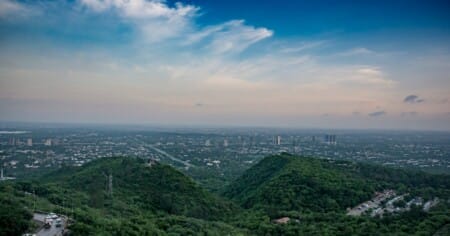National Assembly Speaker Ayaz Sadiq has set the stage for a pivotal moment in Pakistan’s democracy—the election of the next president. With a joint session of Parliament scheduled for March 9, the nation’s political machinery gears up for a decision that will shape its leadership landscape. The election, as dictated by the established rules of 1988, is a significant event that marks the continuity of the country’s constitutional process.
Presidential Contenders
The race for the presidency features a familiar face in former President Asif Ali Zardari, seeking to helm the nation once more. In the opposing corner stands Mehmood Khan Achakzai of the Pashtunkhwa Milli Awami Party, drawing support from Sunni Ittehad Council lawmakers. The contest is set to be a noteworthy showdown between two seasoned political figures.
The Election Commission Prepares
In readiness for this decisive political encounter, the Election Commission of Pakistan has appointed five presiding officers. Their role is crucial—they will steer the election across the nation’s capital and provincial capitals, ensuring the smooth operation of this democratic exercise. The electoral college, an assembly of members from the Senate, National Assembly, and provincial assemblies, is prepared to cast their votes through a secret ballot.
The Prime Minister’s Precedent
The backdrop to the presidential election is the recent ascension of Shehbaz Sharif to the office of Prime Minister for the second consecutive term. His victory in the National Assembly with a majority of 201 votes underscores the dynamics of power within the legislative body. The election’s outcome will either consolidate his administration’s position or introduce new challenges in the nation’s governance.
A Coalition in Power
Shehbaz Sharif’s rise to power, commanding a 13-party coalition, paints a picture of Pakistan’s complex political alliances. The strength and stability of his leadership are set to be tested as he navigates the country through its next chapter. The impending presidential election is a critical juncture that may affirm or shake the foundations of his coalition.
The No-Confidence Vote’s Shadow
Sharif’s tenure follows the ousting of former Prime Minister Imran Khan, whose departure was the result of a no-confidence vote in 2022. This change in leadership was a dramatic turn of events with lasting reverberations. The upcoming presidential election is yet another step in the country’s march towards political maturity and stability.
A Democratic Exercise
The president’s election is a demonstration of Pakistan’s commitment to its democratic principles. The secret ballot, a hallmark of democratic practice, ensures the integrity of the electoral process and guards against undue influence. The electoral college’s vote represents the collective will of the nation’s legislative bodies, combining to select a leader who will embody the aspirations of the people.
Understanding the Electoral College
The electoral college is a distinct blend of the nation’s representative layers. It includes Senators, National Assembly members, and the four provincial assemblies. This composition ensures that the election of the president reflects a pan-national consensus, taking into account diverse regional voices and interests.
A Test for Democracy
The presidential election is a test for Pakistan’s democratic institutions. It’s an occasion where procedure and passion meet, and the outcome holds the potential to either reaffirm or reorient the nation’s political trajectory. At its core, this process is about more than just selecting a leader; it’s about reinforcing the country’s commitment to the principles of democratic governance.
The Importance of a Smooth Transition
With the Prime Minister’s position secured, the focus shifts to the presidential race, a parallel political theater where the stakes are equally high. A smooth transition is key, not just for the sake of ceremony but for the continuity and legitimacy of governance. The world watches as Pakistan moves through its democratic motions, ensuring that the baton is passed in accordance with the nation’s laws and constitution.
Securing a Stable Future
The election does more than fill a high office—it provides a glimpse into the country’s future direction. As the electoral college casts its votes, the hope is for a leader who can steer Pakistan through its myriad challenges, fostering a stable and prosperous future. The nation stands at a crossroads, with the decision of March 9 poised to influence the trajectory of its journey.
The Global Dimension
Pakistan’s presidential election is not an isolated event; it has global resonances. As the country chooses its next president, international allies and observers are keenly interested in the outcome. The strength and stability of Pakistan’s leadership affect not just its own citizens but also its relationships and role on the global stage.
The Weight of History
The election comes with the weight of history on its shoulders. Each candidate brings a legacy to the race, and the choice made by the electoral college will echo through time. This is a moment steeped in tradition, yet forward-looking—a balance between honoring the past and embracing the future.
Looking to the Horizon
As the election unfolds, Pakistan looks to the horizon, ready for a new chapter. The choice of its next president is a choice about what kind of country it wishes to be. It’s a decision that will define the nation’s identity and values as it encounters the challenges and opportunities of the coming years.
In the Spirit of Progress
The spirit of progress infuses the presidential election. It’s an event that reflects the nation’s growth and its pursuit of a more perfect expression of its democratic ideals. This election isn’t just about the individuals on the ballot; it’s about the enduring spirit of a people committed to the principles of representation and responsible governance.





